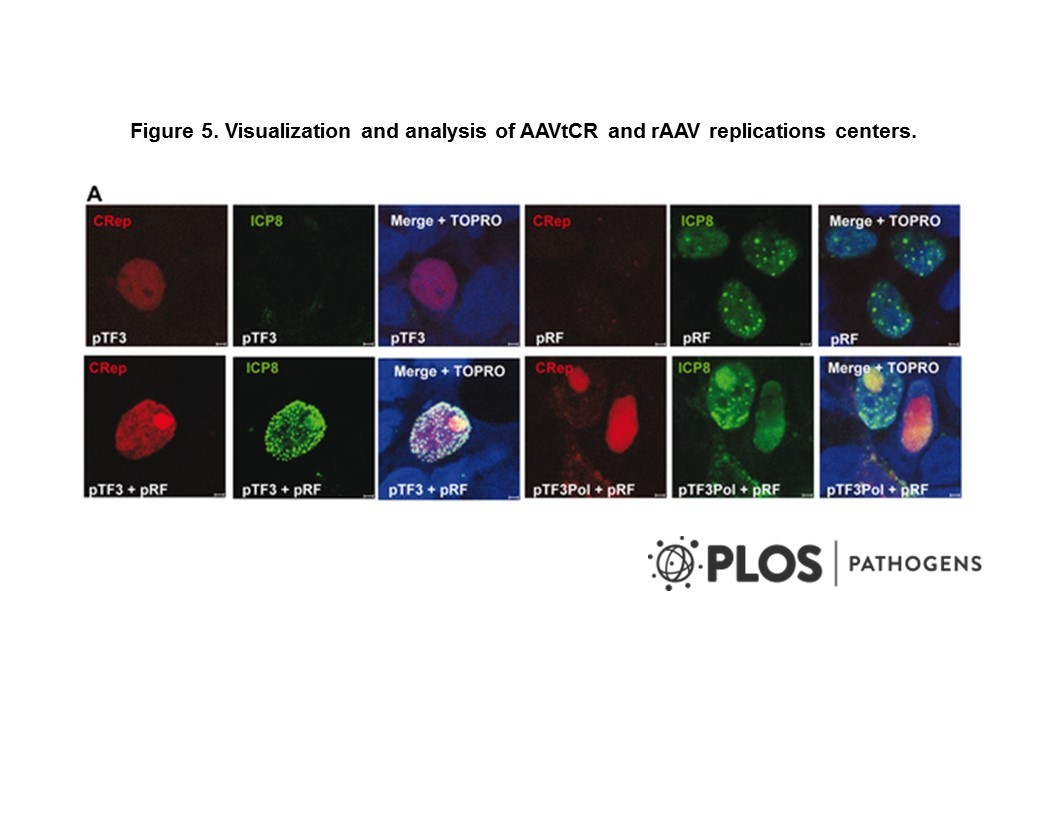
Cat. #153217
Anti-CD21 [BU35]
Cat. #: 153217
Unit size: 100 ug
Availability: 3-4 weeks
Target: CD21
Class: Monoclonal
Application: FACS ; IHC ; IF ; IP
Reactivity: Human
Host: Mouse
£300.00
This fee is applicable only for non-profit organisations. If you are a for-profit organisation or a researcher working on commercially-sponsored academic research, you will need to contact our licensing team for a commercial use license.
Contributor
Inventor: Margaret Goodall
Institute: University of Birmingham
Tool Details
*FOR RESEARCH USE ONLY (for other uses, please contact the licensing team)
- Name: Anti-CD21 [BU35]
- Alternate name: Complement receptor type 2; CR2; complement C3d receptor, C3DR, Epstein-Barr virus receptor
- Research fields: Immunology
- Clone: BU35
- Class: Monoclonal
- Conjugation: Unconjugated
- Strain: Balb/c
- Reactivity: Human
- Host: Mouse
- Application: FACS ; IHC ; IF ; IP
- Description: Cluster of differentiation 21 (CD21) is a protein encoded by the CR2 gene in humans. It is involved in the complement system and binds to iC3b (an inactive derivative of C3b). B cells are known to have CR2 receptors on their surfaces allowing the complement system to act in B-cell maturation and activation. Genetic variations are associated with susceptibility to systemic lupus erythematosus type 9 (SLEB9) which is a chronic autoimmune disease with an inflammatory, and often febrile multisystemic disorder of connective tissue characterized principally by involvement of the skin, joints, kidneys, and serosal membranes.
- Immunogen: B lymphoblastoid cell line: HFB1
- Isotype: IgG2b
Target Details
- Target: CD21
- Target background: Cluster of differentiation 21 (CD21) is a protein encoded by the CR2 gene in humans. It is involved in the complement system and binds to iC3b (an inactive derivative of C3b). B cells are known to have CR2 receptors on their surfaces allowing the complement system to act in B-cell maturation and activation. Genetic variations are associated with susceptibility to systemic lupus erythematosus type 9 (SLEB9) which is a chronic autoimmune disease with an inflammatory, and often febrile multisystemic disorder of connective tissue characterized principally by involvement of the skin, joints, kidneys, and serosal membranes.
Applications
- Application: FACS ; IHC ; IF ; IP
Handling
- Format: Liquid
- Concentration: 0.9-1.1mg/ml
- Unit size: 100 ug
- Storage buffer: PBS with 0.02% azide
- Storage conditions: -15° C to -25° C
- Shipping conditions: Dry ice
References
- Leucocyte Typing V, (1995): edited by S.F. Schlossman, OUP, Oxford.
- Leucocyte Typing VI, (1998): edited by T. Kishimoto, Garland Publishing, New York.
- Masilamani et al. 2002. J Immunol Methods. 270(1):11-8. PMID: 12379334.
- Ling et al. 1998. Clin Exp Immunol. 113(3):360-6. PMID: 9737663.
- Ling et al. 1992. Immunobiology. 185(2-4):403-14. PMID: 1280620.
- Buescher et al. 1991. Public Health Rep. 106(3):333-8. PMID: 1905057.

![Anti-CAR Whitlow Linker [1C3C3]](https://cancertools.org/wp-content/uploads/Figure-6-Kimble-et-al.-J-Immunother-Cancer-2025-300x322.jpg 300w, https://cancertools.org/wp-content/uploads/Figure-6-Kimble-et-al.-J-Immunother-Cancer-2025-280x300.jpg 280w, https://cancertools.org/wp-content/uploads/Figure-6-Kimble-et-al.-J-Immunother-Cancer-2025-954x1024.jpg 954w, https://cancertools.org/wp-content/uploads/Figure-6-Kimble-et-al.-J-Immunother-Cancer-2025-768x824.jpg 768w, https://cancertools.org/wp-content/uploads/Figure-6-Kimble-et-al.-J-Immunother-Cancer-2025.jpg 1193w)

![Anti-CAR Whitlow Linker [1B4A1]](https://cancertools.org/wp-content/uploads/Figure-5-Kimble-et-al.-J-Immunother-Cancer-2025-300x396.jpg 300w, https://cancertools.org/wp-content/uploads/Figure-5-Kimble-et-al.-J-Immunother-Cancer-2025-227x300.jpg 227w, https://cancertools.org/wp-content/uploads/Figure-5-Kimble-et-al.-J-Immunother-Cancer-2025-776x1024.jpg 776w, https://cancertools.org/wp-content/uploads/Figure-5-Kimble-et-al.-J-Immunother-Cancer-2025-768x1013.jpg 768w, https://cancertools.org/wp-content/uploads/Figure-5-Kimble-et-al.-J-Immunother-Cancer-2025.jpg 970w)

